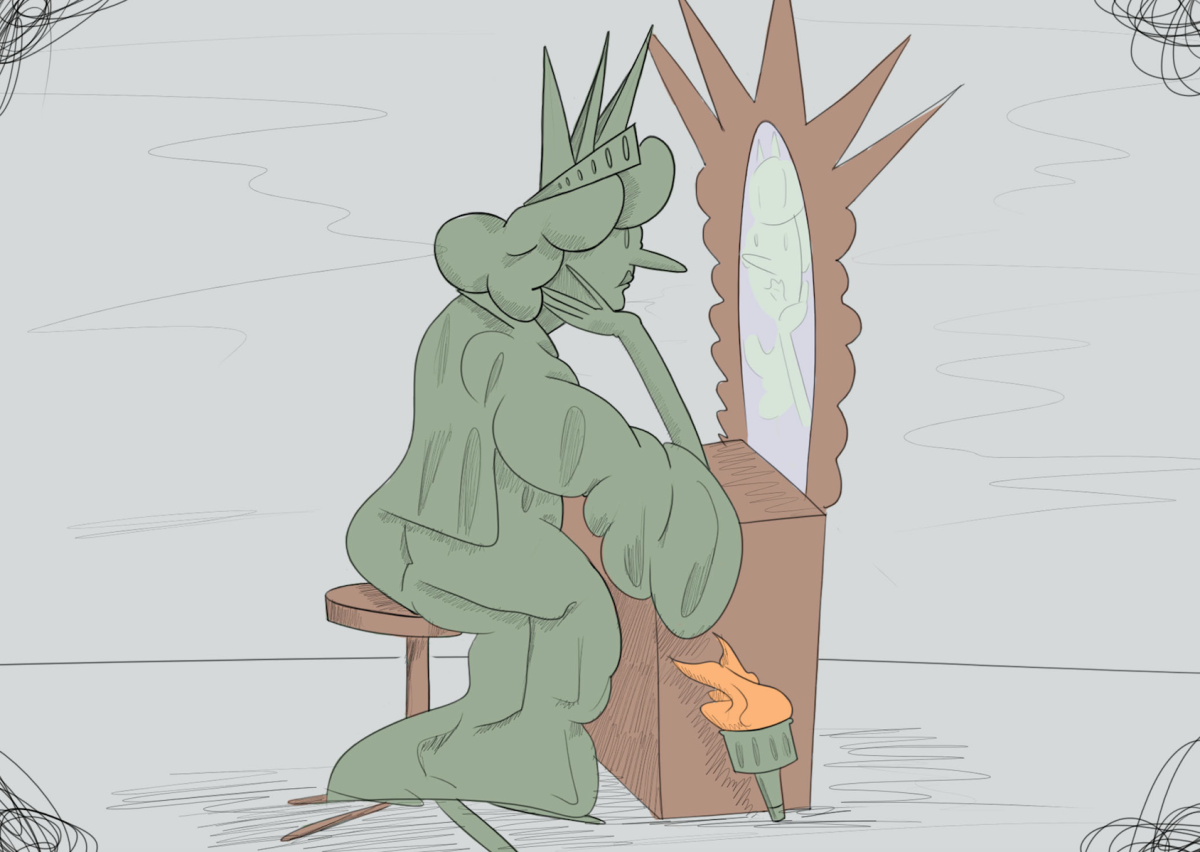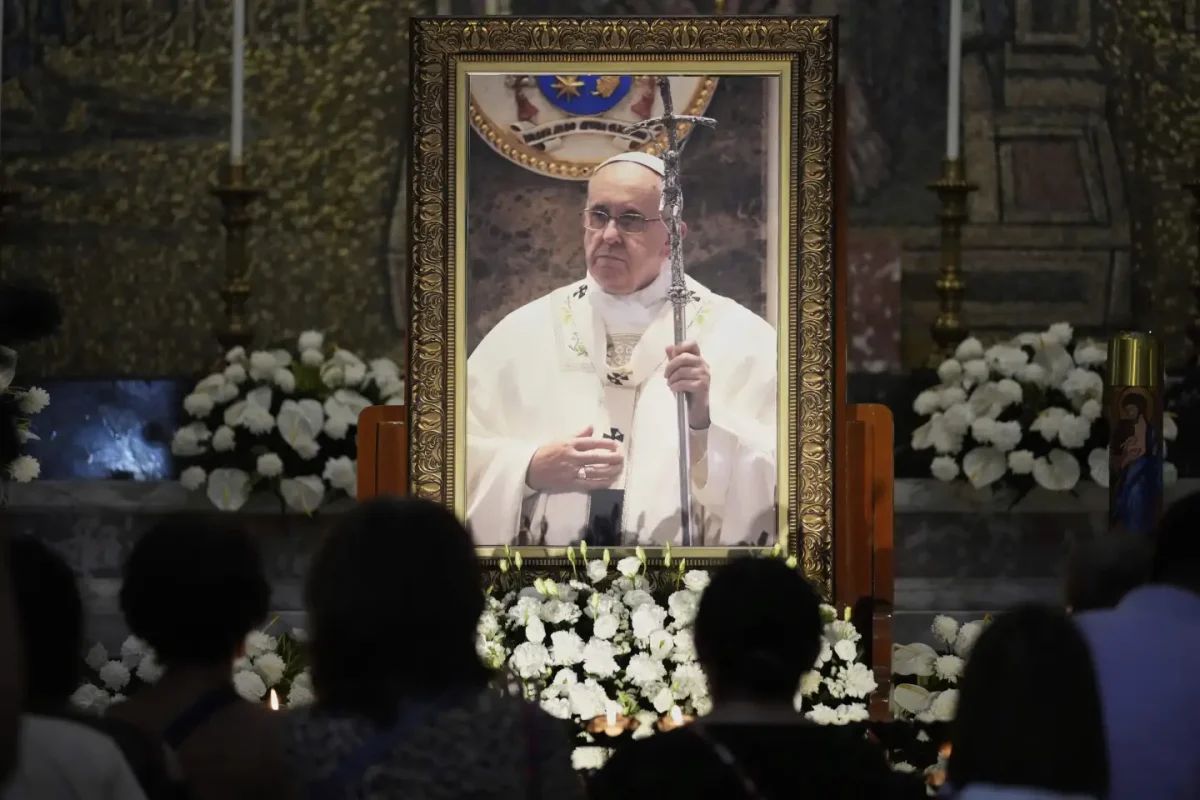When dealing with any problem, reflection is one of the most important steps. Too often, we seek quick fixes rather than look back and evaluate the decisions that led to the problem.
For instance, I’m likely getting little sleep tonight because I have several assignments due tomorrow. The quick fix is to pull an all-nighter. However, if I look back on the last few days, I realize I could have devoted an hour here or an hour there to my work. Next week, I hope I’ll remember this moment and avoid a similar instance. But this is my fourth year of college — I think I should’ve learned my lesson by now.
German philosopher Georg Friedrich Hegel said, “We learn from history that we do not learn from history.” My recent history affirms this notion, as does America’s complacency with hate speech and the University’s complacency with hazing.
Many Americans, myself included, thought America had moved past its racist origins when we elected our first black president. The last few years, however, have proved the opposite. Racial tensions are as heated as they have been since the Civil Rights Movement. We haven’t found a quick fix for this deeply ingrained problem, and I don’t believe we should settle for a quick fix.
In 1925, 30,000 Ku Klux Klan members marched down Pennsylvania Avenue. Klan membership peaked then in response to rapid industrialization and immigration. Sound familiar?
In 1939, the German American Bund held a rally at Madison Square Garden. About 20,000 people attended. Made up of mostly German descendants, the organization’s goal was to instill a favorable view of Nazi Germany in America. Its leaders, standing in front of a 30-foot-tall banner of George Washington perched between American flags and swastikas, spoke of “job-taking Jewish refugees,” “the Jewish-controlled press,” President Roosevelt’s “Jew Deal” and the need for patriotic Aryans to take their country back. Sound familiar?
In 1978, neo-Nazis planned to march through a predominantly Jewish town in Illinois where Holocaust survivors lived. Their planned march reached the Supreme Court, who determined that, ultimately, not allowing the march would constitute a threat to free speech. This spike in neo-Nazism was a response to the popularization of leftist ideals. Sound familiar?
In 2017, Charlottesville turned into an ideological battleground. The Unite the Right rally left one woman dead and shocked the rest of America by making us realize that white supremacy is still alive and well.
Difficulties that are as deep-rooted as racism require more than BAND-AID-like initiatives such as affirmative action and diversity training classes. I don’t mean to discard them as useless. They do help, but they don’t fix everything. America needs much more if we’re to move forward. That includes taking a step back and evaluating the build-ups, climaxes and complacencies that led to incidents like those aforementioned.
The University has yet to properly address hazing on our campus, despite incident after incident. Not even the death of freshman pledge Max Gruver prevented a headline that read “DKE frat members arrested for hazing, urinating upon LSU pledges” in USA Today. Hazing, in this instance, included kicking pledges with steel-toed boots, beating them with a metal pipe, making them lie on broken glass and trapping them naked inside an ice machine. Obviously, the steps the University took in efforts to prevent hazing after Gruver’s death have not been enough. Have we learned nothing?
I don’t know exactly how to solve America’s racial problem nor do I know how to solve the University’s hazing problem. Perhaps we should outlaw hate speech at the risk of setting a dangerous precedent in regards to freedom of speech. Perhaps we should employ authorities to effectively monitor fraternities at the risk of jeopardizing the privacy of a wholly innocent organization. I know for a fact that I should manage my time better.
Take a look back, I say to you, America and the University. Examine the incidents and decisions. Then re-evaluate, and make it worthwhile.
James Smith is a 22-year-old mass communication major from Grand Coteau, Louisiana.






